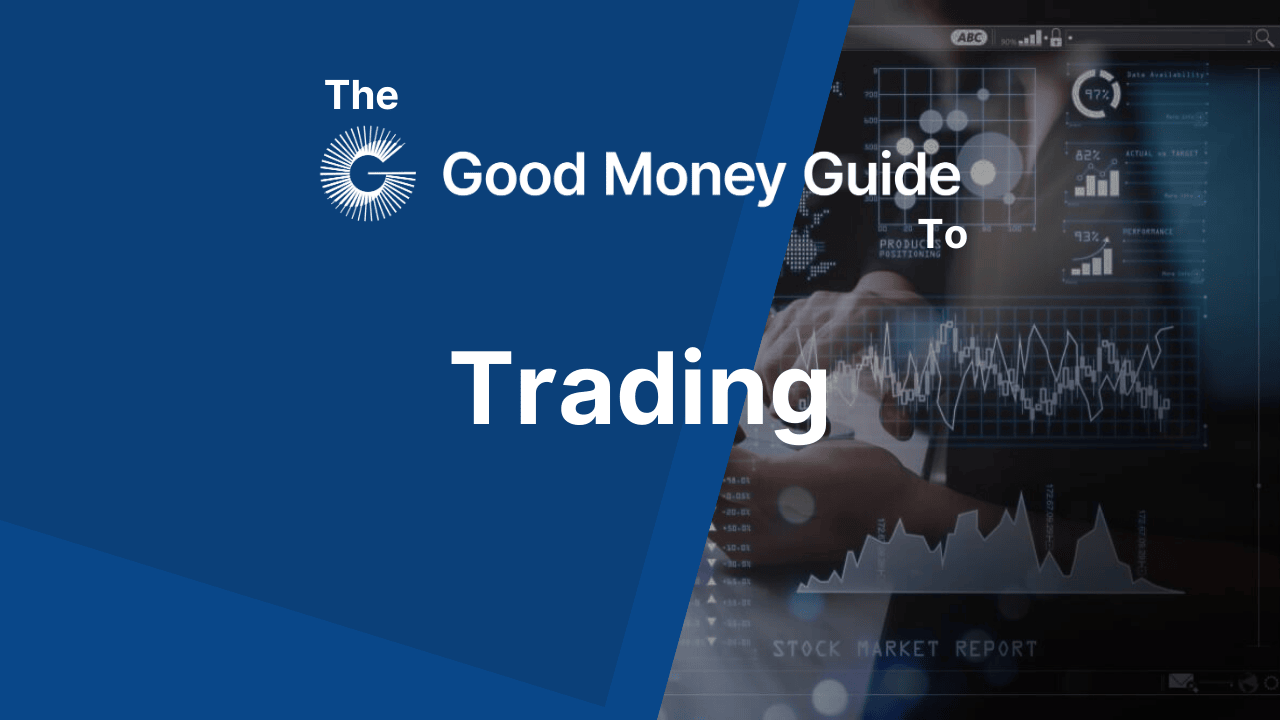AML and Verification Requirements
When opening a trading or investment account, brokers are required to adhere to Anti-Money Laundering (AML) regulations and Know Your Customer (KYC) procedures to prevent illegal activities such as money laundering, terrorist financing, and fraud. These regulations mandate that financial institutions verify the identity of their clients and monitor financial transactions. This process is essential for ensuring that the financial system remains transparent and secure.
What is AML?
Anti-Money Laundering (AML) refers to the legal frameworks and regulations designed to prevent criminals from disguising illegally obtained funds as legitimate incom...
Please register or log in to continue...
Become a better, more informed investor with Good Money Guide. Our expert, exclusive educational courses provide the sort of information that everyone, from first-time investors to experienced professional traders, can learn to profit from.

